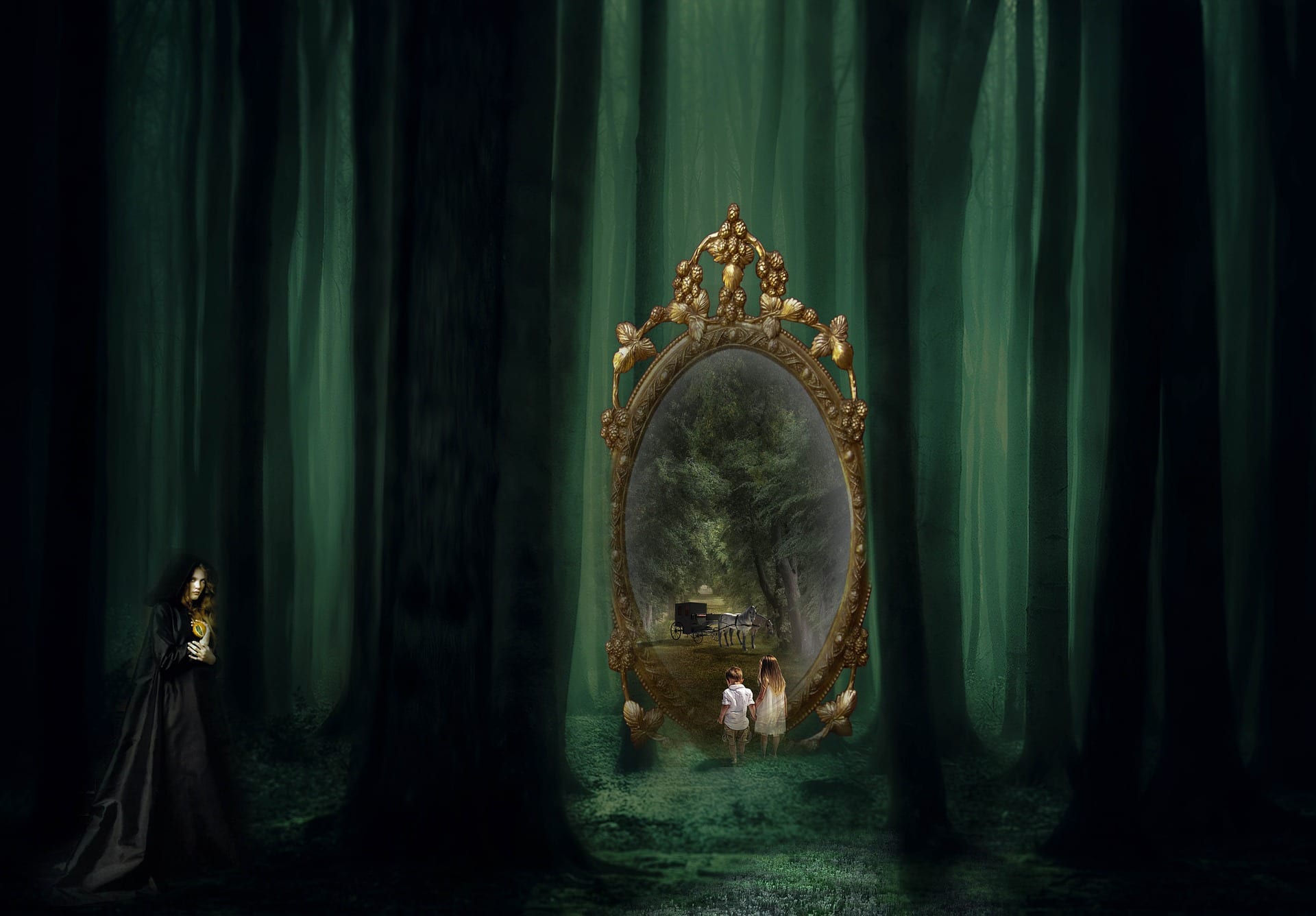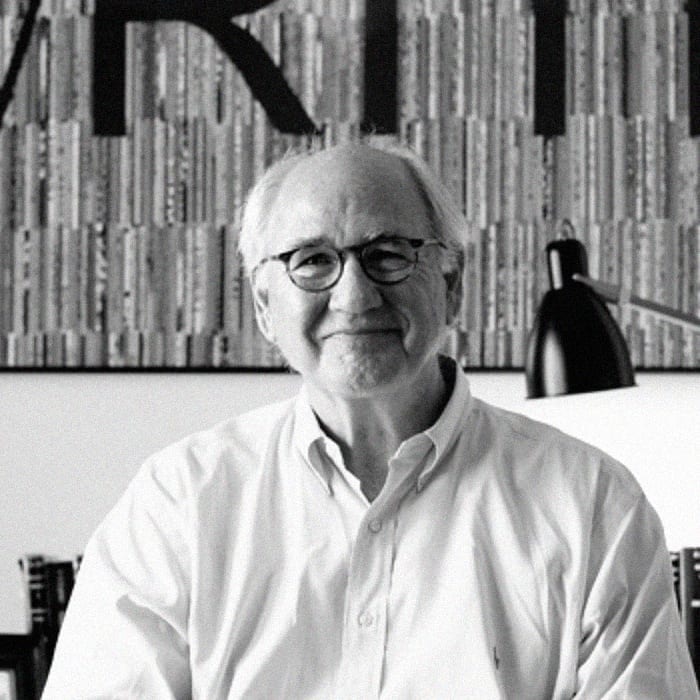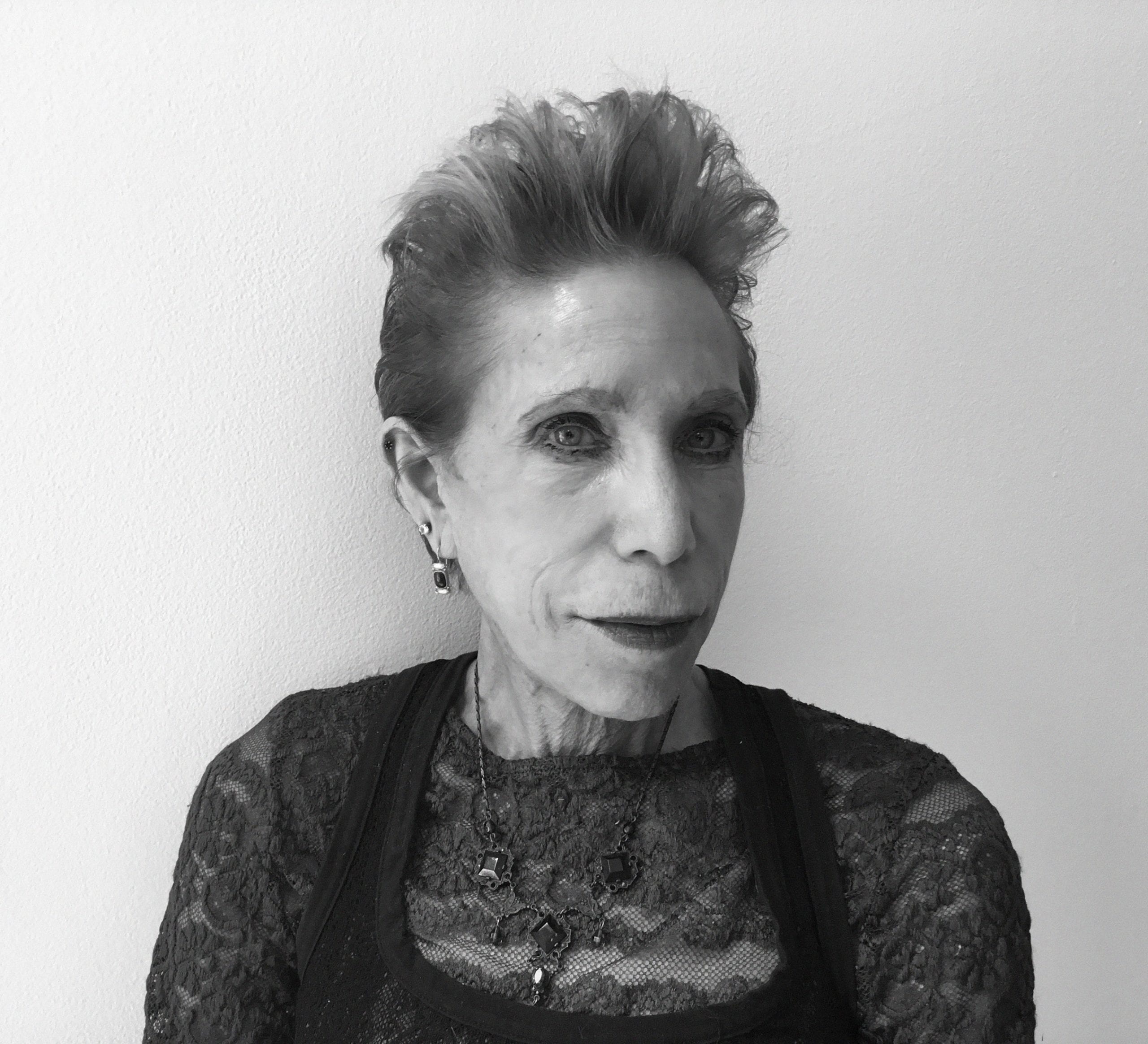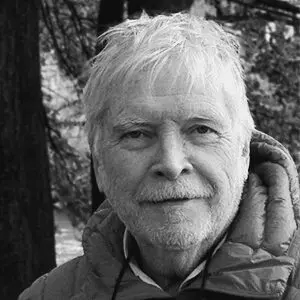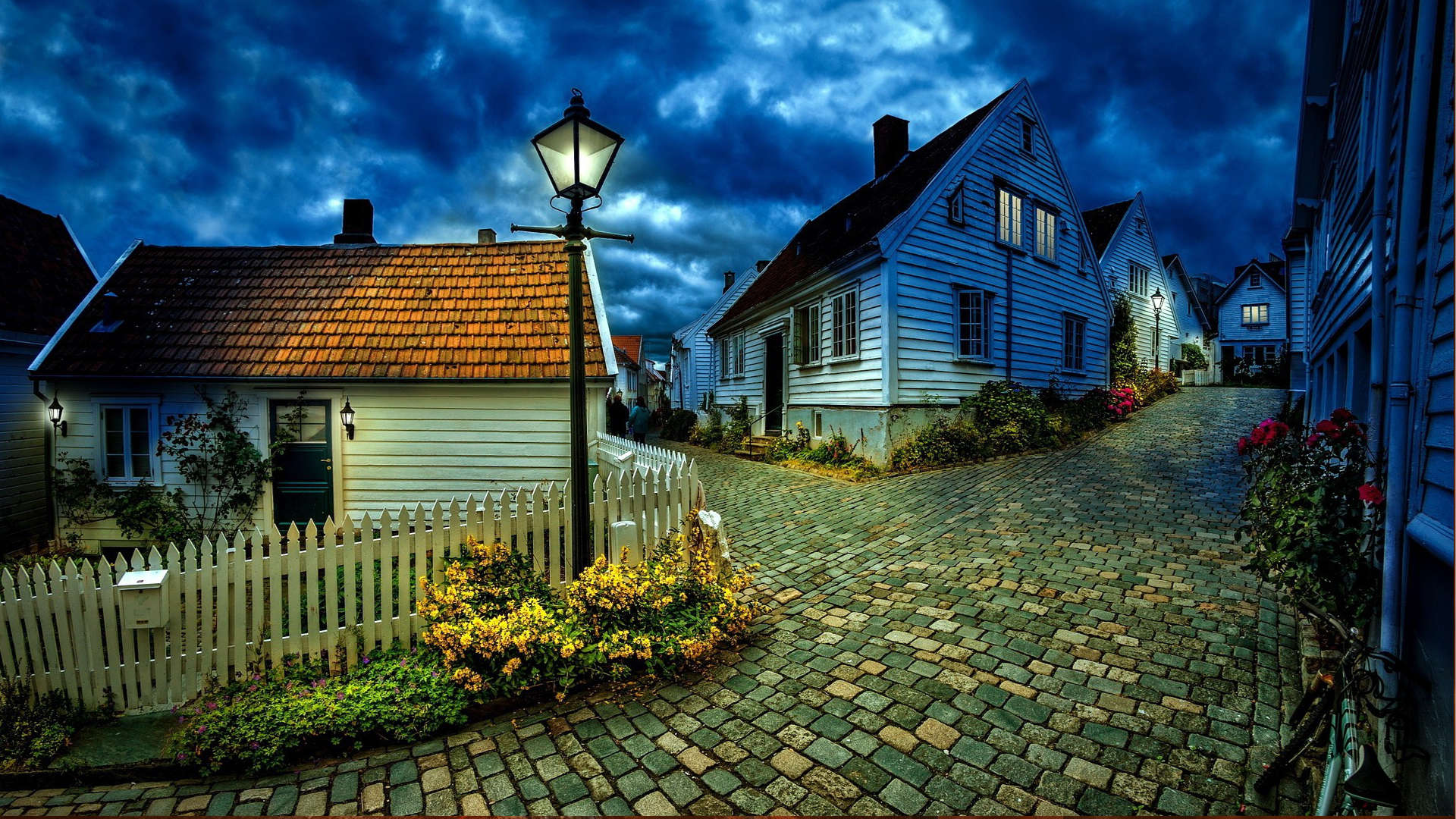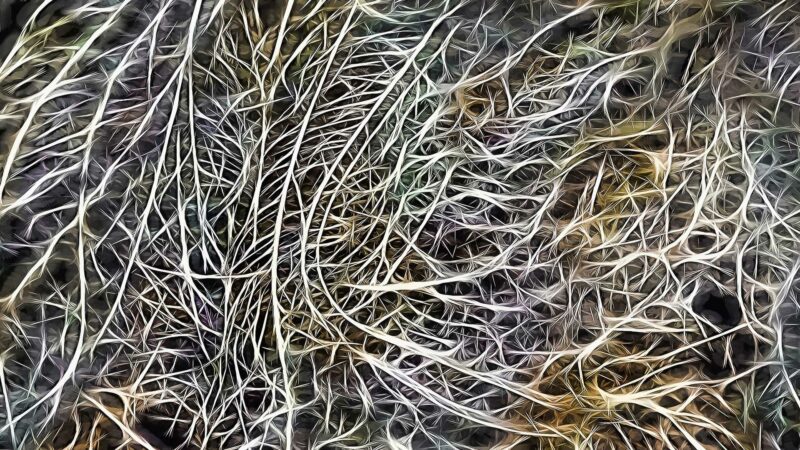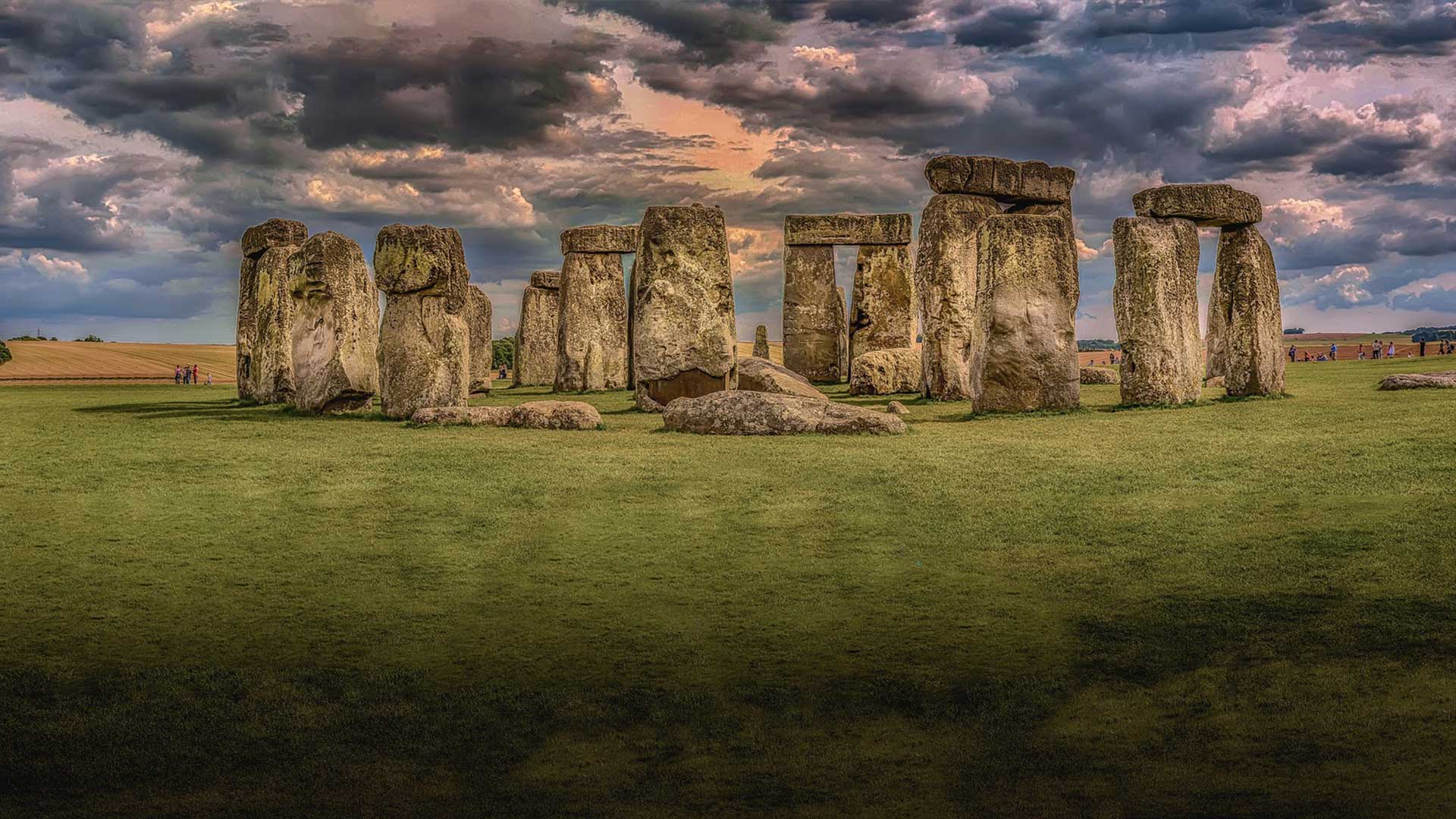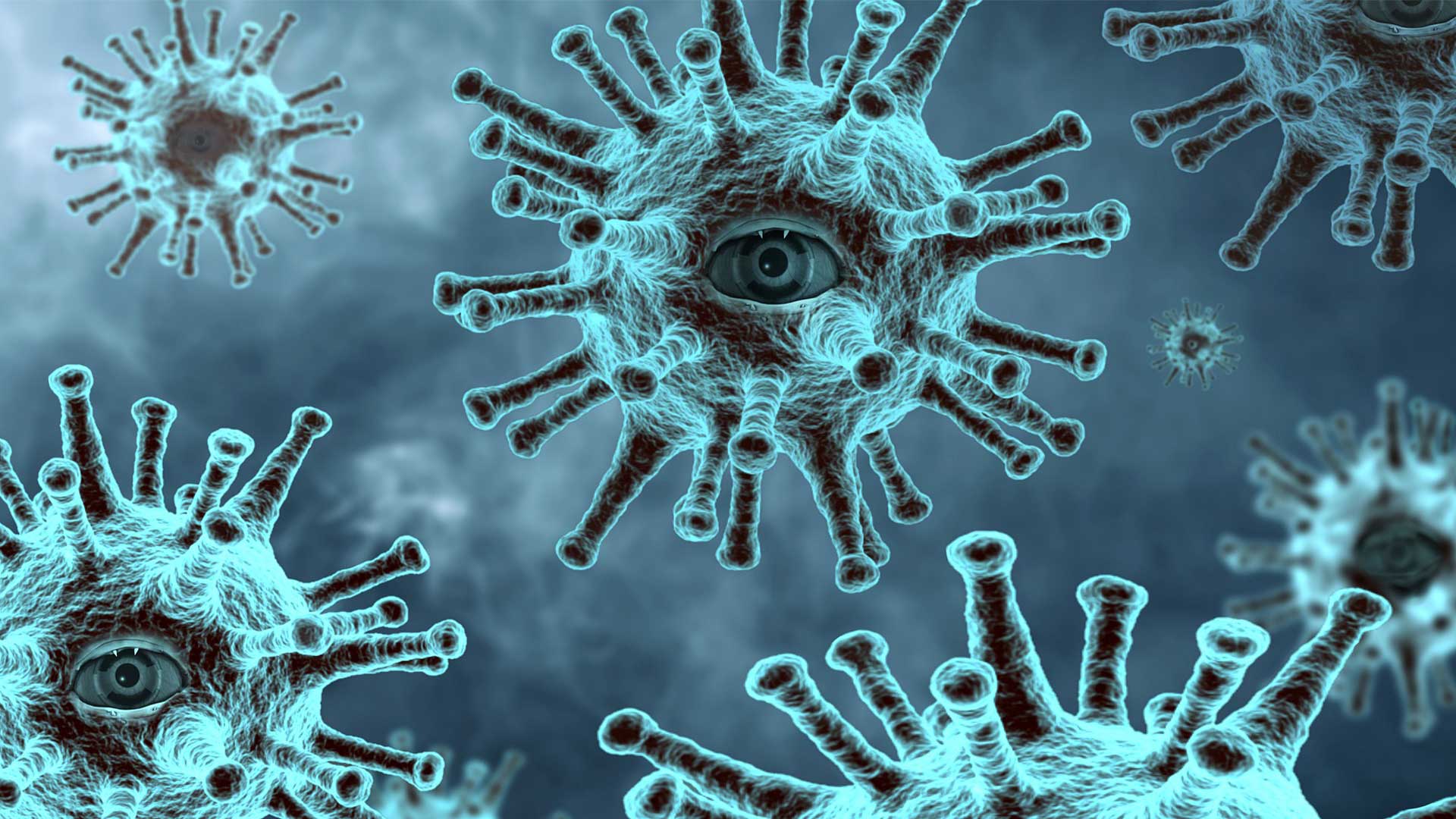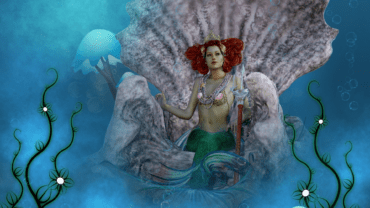Fairy Tales and Jungian Psychology
Since the beginning of time, we have looked up at the stars and wondered. Big questions came to mind; how was the world created, what is our place in the universe, are we alone in our struggles, can we improve our relationships? We told stories around a fire to share our concerns, visitors recounted theirs, and we passed them down to our children.
The Paradox of Love
In reality, the English language has only one word for love. Borrowing from Greek, we see that the words, Eros, Philia and Agape help in the expansion of our consciousness about different aspects of love. If nothing else, we discuss that love exists in the unity of a plurality of feelings. There are many aspects of love and yet paradoxically, there is a unity in the diversity of the several aspects.
Where is the Father’s Gaze to a Daughter
Fathering reflects a universal symbolic pattern in the individual and collective, conscious and unconscious. We come into this world needing a father, his recognition and to be lovingly seen by him. We innately require a nurturing and caring father figure while his lack of presence affects a daughter’s mind, body and soul.
Decode Your Sexual Dreams to Improve Your Relationship
Sexual dreams can teach us a lot about our current relationship – and help us to change it for the better. Dream interpretation in the sense of “one dream image has one meaning for everyone” is a misleading way of looking at dreams. In fact, the only person who can really know for sure what his/her dream means is the dreamer.
Father Images that Live Inside Us
A woman dreamt she was to take care of her father. The meaning of this dream depends on the dreamer and can mean many things about the relationship with her father. Why is she to take care of him? What is the dreamer’s desire, and what are the implied wounds? Jung said, “The father is decisive in the destiny of the individual .”This quote reminds us of the value of a loving father for a daughter’s growth.
Homecoming in the Time of Crisis
In workshops on the grieving process over the years, I have witnessed how grief work opens one to wonder, enables one to be surprised by the unexpected and unnoticed miracles in the mundane, the extraordinary that is nestled in the folds of the ordinary, like the play of light and shadows revealing the hidden dimensions of a landscape that one has perhaps passed by so often and without notice, or the beauty of the rose that softens sorrow.
Homesickness in the Time of COVID-19
Home! What images does this word conjure up in all of us? What memories, desires, hopes and feelings arise from the depths of the soul with the very speaking of the word? Home is at the heart of these blogs because each in its own way has considered how Covid-19 is awakening this archetypal image, which is perhaps the first, oldest and deepest root of our ties to the world and which sets the rhythms of our existence as a journey between birth and death.
The Wisdom of the Virus
How could we even consider the possibility of any connection between wisdom and virus? Framed as a question, the theme of this blog is intentionally a challenge, which is designed to make us pause. Virus belongs to the lowest possibility of life on the planet, a protein bundle on the very boundary between living and non-living entities. Wisdom belongs to the highest capacity of human reason.
Merlin and Vivienne
There are several stories about the birth, life, and death of Merlin—always a mercurial, evasive figure. In those of the Middle Ages, he is conceived when a demon sleeps with his mother, a nun. Hence, he is born with supernatural powers, including knowledge of all things past from his demonic father, and of all things future from his Christian mother.
What is a Monster?
Mary Shelley’s story of Victor Frankenstein retells the Christian story of creation in which Victor Frankenstein is the new creator god who would make use of the powers of science and technology available in his time to create a new race of beings who would never know the stain of death. In her story, the creature that Victor creates abandons, and then would destroy, haunts his maker from the margins where his side of the story waits to be told.
Who is the Monster?
In Mary Shelley’s story, Victor Frankenstein and the ‘Monster’ personify two opposite attitudes toward the natural world. Frankenstein intentionally cuts himself off from the natural order and rhythms of nature, eschewing the beauty of the changing seasons, refusing to be distracted from his work to reanimate dead matter. In his obsession, he adopts a purely utilitarian attitude toward the natural world.
A Myth for the Pandemic Age
In the myth, Prometheus, whose name means forethought or foresight, is the creator of humankind but dissatisfied with the lot imposed upon them by the gods, he steals fire from the gods and gives it to mortal beings. Angered by this action, the gods take their revenge through Epimetheus, whose name means afterthought or hindsight.
